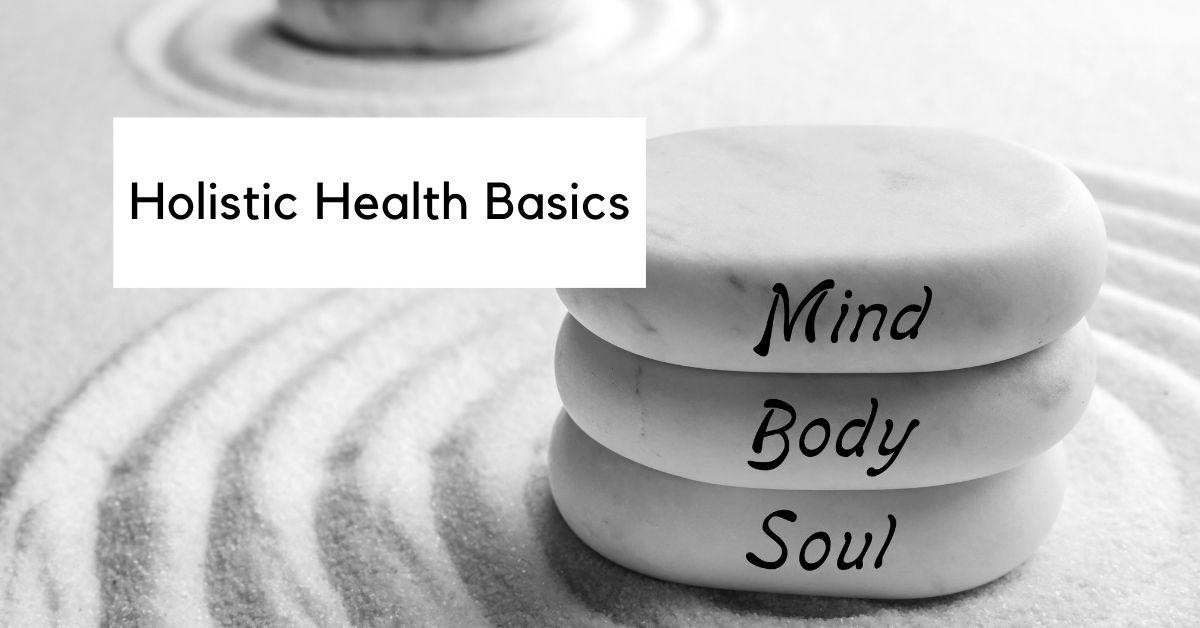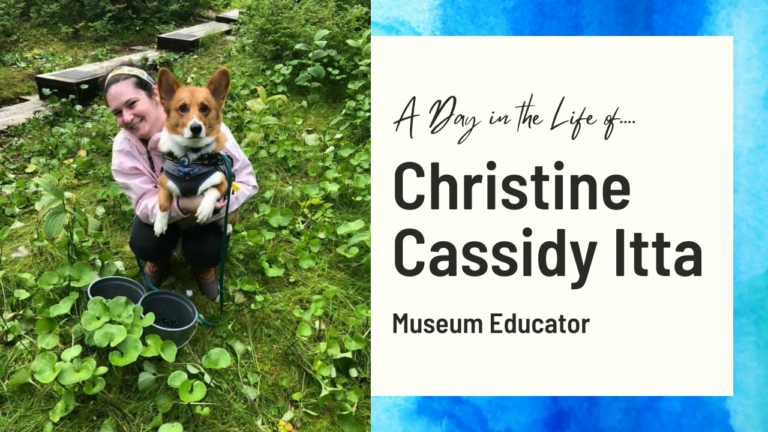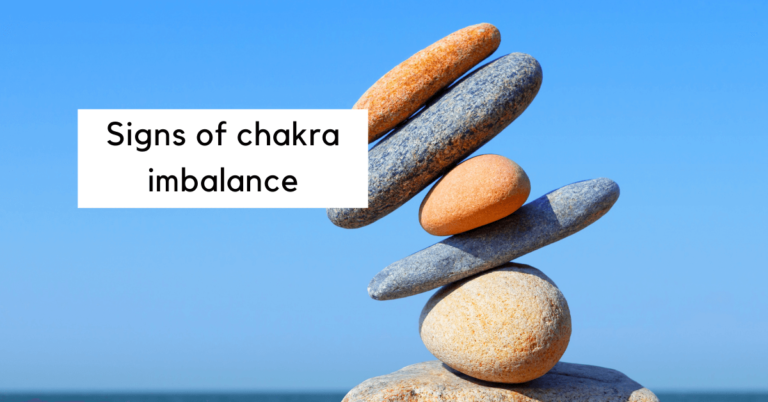Holistic Health Care: The Basics
Holistic health is a way of healing that considers your mind, body, and spirit as a whole. Considering what it means to have a healthy body involves more than just your physical state – it also includes your mind and spirit.
To achieve optimal wellness, there are a few things you can look at that holistic healing can help improve your lifestyle and avoid traditional Western medicine practices.
What is Holistic Health?

The official definition of holistic health involves simultaneously treating the mental, emotional, social, and physical aspects of yourself. It comes from cultures and religious backgrounds around the globe but is vastly different than traditional Western medicine.
Holistic health practices are often seen in eating whole foods, drinking more water, considering various environmental factors that are within your control, and building a spiritual relationship with yourself.
A few ways you can do this and practice holistic care is by listening to your body, stretching, doing yoga, meditation, etc. But you can also take it further and lean into healthy eating, exercising, taking vitamins and minerals to improve your gut health, and limiting processed foods.
How is it different from Western medicine?
Western medicine focuses on diagnosing problems and addressing health care with medications and treatment plans. For example, if you go to your primary care doctor for a migraine, they may suggest you take Advil or ibuprofen to illuminate the pain. In comparison, holistic health would look at a headache through meditation, crystal healing, changes in diet, and other natural ways to help regulate the body.
Western medicine also usually has quite a significant stigma around mental and emotional health and its treatment of it. That being said, to have a truly healthy body, mental and emotional health is a large part of that.
This is why alternative healthcare practices, such as holistic health, often address these concerns better than traditional Western medicine. The holistic approach is becoming a way to address the entire spectrum of mind, body, and spiritual health issues.
Treating your entire body, mind, and spirit
While your physical health and body are typically the priority – if you are unwell, it manifests itself in other aspects.
Stress is an excellent example; when you are stressed – an emotional and spiritual response – it affects your physical body in many ways. You can get headaches, trouble sleeping, and muscle pain.
The same goes for when you are physically ill – it affects your mind and spirit. When your muscles are sore, your stomach hurts, or you are dealing with a chronic illness or pain, it affects your morale, outlook on daily activities, reasoning, and motivation.
Mental and emotional health

A great way to implement holistic health practices into your mental health routine is to start meditation and practice stress reduction habits that can help calm your mind and help alleviate stress. The most significant aspect of holistic medicine is taking alternative routes to fix common problems and reach optimal healthcare.
Meditation, actively practicing mindfulness, yoga, and other mind-body activities, and eating a nutrient-dense diet can help ensure that your brain is functioning at its highest level and that you feel mentally and emotionally healthy.
Your well-being doesn’t stop at your body – it goes beyond that and transforms into your spiritual health and is also affected by your mental, emotional, and social health.
Spiritual health

Spiritual health can encompass anything from your religious beliefs and practices to any healing you do with yourself and the universe – for those that gravitate towards those experiences. The best thing about this aspect of holistic health is that it is unique and can be customized to your beliefs.
If your religion is your form of spiritual health, take more time for that practice, set more time aside to pray or worship, or think about how religion affects your life and soul. Suppose you are not religious but somewhat spiritual in general. In that case, you can consider dedicating more time to tarot readings, crystal healing, chakra balancing, or focusing on how you and your soul connect to the world around you.
Whether religious or simply spiritual, a great way to channel that spiritual side is to spend time in nature surrounded by an earthy environment. Doing this makes us feel “as one” with the Earth and more in tune with ourselves and our bodies. Being part of nature and allowing the spiritual side of ourselves to come out is one of the most significant components of holistic medicine.
Manage life’s daily stressors

Stress is a part of everyday life, and sometimes if it’s not managed or avoided correctly, it can wreak havoc on our daily routines and physical, mental, emotional, and social health. Maintaining stress management throughout our daily routines, including work, home, school, and any other “categories” you want to put yourself in where you get stressed, is essential.
Holistic health emphasizes remaining present, calm, and in tune with your body’s needs. Stress often reduces your ability to be in tune with your body – a way to combat this is to practice meditation, journaling, listen to music if you’re able to when you feel stressed, take a walk and get outside in nature, or do a craft or artistic activity that makes you feel happy.
Neither Western nor holistic health medicine has a way to eliminate stress – but managing it will help you balance your overall health and allow you to improve symptoms negatively affecting your entire body.
Intellectual health

Emotional health is essential for the overall health of your body, but so is intellectual health. But what does that mean? Intelligent health refers to the “food” you give your brain – essential to keeping your brain happy and healthy in more ways than one. While taking care of your emotional health, you’ll also want to pay attention to how you allow your brain to learn and grow.
This is also a great way to manage life’s daily stressors – by reading a book, researching an exciting topic, doing a challenging puzzle, or playing a mind game. These are all ways to healthily engage your brain to relieve stress and keep your brain healthy and happy.
As we get further away from the ages where we are in school consistently and always learning, it’s up to us to make up for that educational input on our own. Reading is a great hobby that gives your brain the exercise and loves it deserves.
Removing toxic energy

The people and environment you surround yourself with are just as important as what you put into your body and how you treat it – utilizing physical exercise. It’s important to remove toxic energy and people from your environment – both in your personal and work life.
A great way to do this is to let the people that don’t support you or don’t appreciate your presence know that you can no longer foster the relationship. Removing these toxic people from your life will release a massive weight off your shoulders and allow your soul to balance.
Toxic energy can also be seen in hobbies or routines that aren’t making you happy. You want to surround yourself with positive people, routines, and hobbies that help your soul grow.
Physical body

Your physical body is an integral part of your health, and you can take care of your physical body in a few different ways. You will want to prioritize eating gut-healing foods and avoid excessive alcohol consumption and consuming recreational drugs.
Keeping your body in top condition is essential for overall health and is a significant part of holistic health. Addressing physical signs of illness and chronic disease is the first part of addressing health concerns – and often, it comes first before diving into mental and emotional aspects.
Getting good exercise, balancing your diet, and ensuring your physical body and health is in tip-top shape help ensure that your mind and spirit follow suit.
Gut health

Your gut health care is critical to your physical and mental health. I’m sure you’ve heard the phrase “You are what you eat,” meaning that your physical and mental health directly correlates with what you are feeding it.
A large part of holistic health care is constantly giving your body the good nutrients and foods to sustain itself, provide energy, and help keep you focused and motivated throughout the day. A person’s exercise routine is critical, as well as limiting processed foods, as these are often nutrient-depleted foods and cannot give your body the nutrients it needs to improve gut health.
A few key practices to keep in mind when it comes to improving your gut are consuming probiotic-rich foods, eating meals that are fulfilling, avoid excessive drinking and processed foods, and try consuming whole foods when and where you can help create a balance of good bacteria in your gut.
Balanced blood sugar

No matter what ensuring you have balanced blood sugar is extremely important – both the modern-day healthcare industry and holistic healthcare still have a standard for balanced glucose levels and keeping your body in optimal health.
Suppose you have underlying blood sugar issues, concerns, or questions. In that case, it’s important to consult your doctor before trying any holistic healing practices to ensure they align with your care plans.
Exercise routine

Exercise is one aspect of your health that improves your physical and emotional health. Emotional health refers to your emotions having a balance of positive and negative emotions. Exercising releases dopamine, serotonin, and adrenaline hormones that positively affect mental health.
It can help distract your mind from current issues and help relieve stress as you’re focused on the exercise and less on the thoughts going through your head – for some, it can take on a meditative form. Some take a holistic approach to exercise, and instead of traditional exercising, lifting weights, and running, they incorporate more of the yoga, meditation, and pilates type of exercise.
Why is holistic health important?
Holistic health is essential because it combines alternative treatments and traditional Western medicine to take a healthcare approach to your whole person.
Thankfully the medical field has had some life-saving advancements that make treating diseases and illnesses easier. Still, holistic health care encompasses the physical signs, body, mind, and spirit, and other complementary therapies to help better yourself.
You can see holistic health care as a whole-body solution to mental and physical illness and disease- by combining treatment plans and more home remedies to keep your body happy and healthy.
Final thoughts
Some find holistic health practice to be bogus and more of a pseudo-science. Still, in reality, there are a lot of cultures and locations around the globe that practice these holistic health habits, and by combining them with traditional Western medicine, you can get outstanding results.
Health is not a one-size fits all approach, and often, what works for one person may not work for another and vice versa – but this is why the holistic healthcare approach works for a lot of people because it combines practices to create the best of both worlds and find out the perfect combination of treatments.
It’s essential to consider your entire body – not just physical – when considering your health care plan and what that entails. There are a variety of different combinations that may work best. It’s also essential to consider outside and environmental factors that may be at play when starting your holistic health journey.






